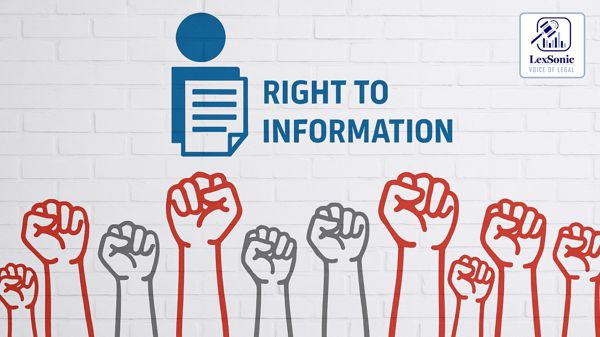Appeal Dismissed: Legal Perspectives on Information Disclosure under the RTI Act.
13 August 2024
RTI – Right to Information >> Miscellaneous
In a recent legal development, the appellate court addressed a case involving a dispute under the Right to Information Act (RTI Act). The case, Kamal Bhasin vs. Central Public Information Office & Anr., revolves around the refusal to disclose certain information by the Power Finance Corporation Limited (PFC).
Background:
The appellant, Kamal Bhasin, had filed an RTI application on June 24, 2014, seeking information from the PFC regarding its recruitment of executives. Specifically, Bhasin requested:
- A certified copy of the recruitment policy for executives.
- A certified copy of the manpower requirement budget for executives.
- Details of executives recruited from 2010 to 2015, including their names, qualifications, the names of the institutes/universities they graduated from, and their current postings.
While the PFC provided information on the recruitment policy and manpower budget, it only partially complied with the request for executive details. It disclosed names, current postings, and designations but withheld information about the educational institutions, citing a diversion of resources and exemption under Section 7(9) of the RTI Act.

Legal Proceedings:
Displeased with the partial disclosure, Bhasin appealed to the Appellate Authority and subsequently to the Central Information Commission (CIC). The CIC's decision on June 22, 2017, directed the PFC to provide educational qualifications but upheld the refusal to disclose the names of institutions as personal information under Section 8(1)(j) of the RTI Act. Following the CIC’s directive, Bhasin filed another appeal challenging non-compliance with the order, which was rejected on November 1, 2019, on grounds of compliance. Bhasin then filed a writ petition, which was dismissed by the learned Single Judge on May 3, 2024. This judgment led Bhasin to seek redress through the present appeal under Clause X of the Letters Patent Act, 1866.
Arguments and Judicial Analysis:
In the appeal, Bhasin argued that the refusal to disclose the names of educational institutions was inconsistent and contravened the RTI Act’s provisions. He emphasized that the information was crucial due to recent de-recognition of several universities and claimed that disclosure was in the public interest. However, the court found that the information provided by PFC covered most aspects of the RTI application, and the grievance was mainly about the non-disclosure of names of educational institutions. The court noted that while educational qualifications were disclosed, the details about institutions were personal and irrelevant to the public interest, and thus exempt under Section 8(1)(j).
The court also considered that the exemption under Section 8(1)(j) was appropriately invoked to protect individual privacy, especially when no substantial larger public interest was demonstrated by Bhasin. Additionally, the court dismissed concerns about inconsistent reasons for refusal, finding the CIC’s decision on privacy grounds valid and consistent.
Conclusion:
The court upheld the judgment of the learned Single Judge, affirming that the denial of information was in line with RTI Act exemptions. The appeal was dismissed, and the court found no reason to interfere with the dismissal of the writ petition. This case underscores the balance that must be maintained between transparency and individual privacy under the RTI Act. It also highlights the importance of demonstrating a clear public interest when challenging the non-disclosure of information.
Right to Information Act, 2005
